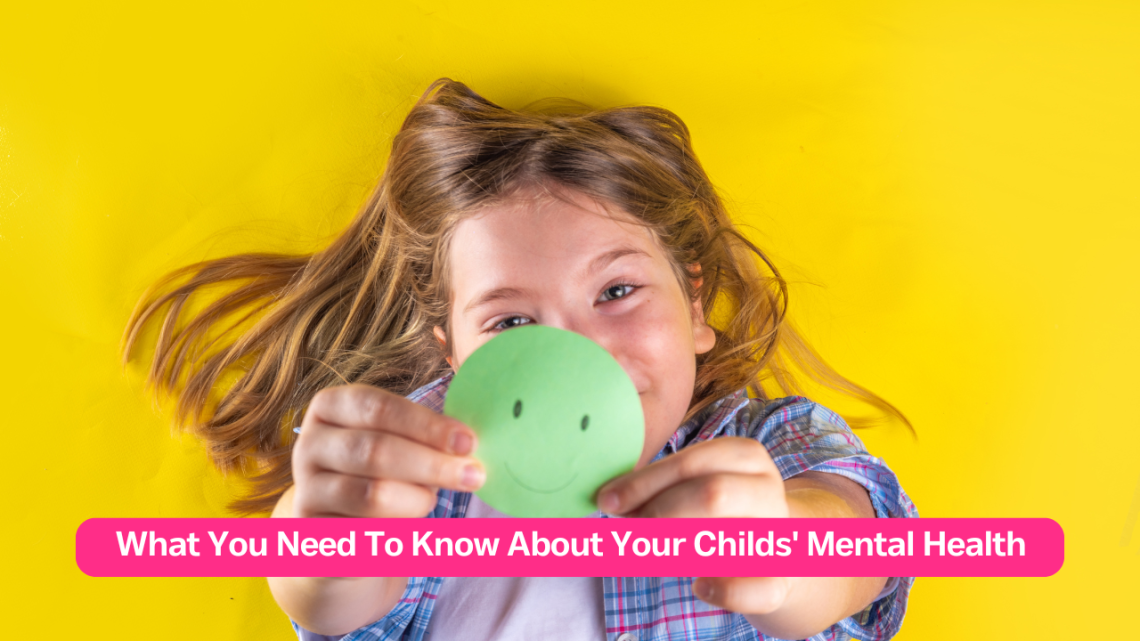More and more children are struggling to cope with mental health, and as parents, we don’t always know the best course of action to take. After all, we aren’t experts like Hearts Connected, who have child life specialists on hand for support.
Read on for a comprehensive guide into children’s mental health and how you can support your child.
Causes of mental health in children
Any number of factors can be attributed to your childs’ mental health; the root causes are not always clear. Regardless, identifying potential issues is a first step to understanding the way your child feels. Here are some possible risk factors:
Homelife:
Children do a great deal of learning within the home, often struggling to process what they do not understand. As parents, we look to protect our child, but ask yourself: Are there any difficulties at home? Sometimes, however hard we try, stresses come to our door.
Bullying:
Those experiencing bullyings are often more susceptible to poor mental health. As smartphone usage becomes ubiquitous, there is no escaping the unfortunate reality of the playground.
Education:
Nowadays, expectations to succeed in school are more significant than ever before. Whether they are taking tests or getting filed into ability groups, everything our children do is evaluated and graded. Such scrutiny can leave children with low self-esteem or stress to keep performing.
Bereavement:
Death is a difficult concept to comprehend at any age. But children are more acute to the feeling of loss and separation.
Mental health is indiscriminate. In truth, anything can trigger poor mental health; there is no barometer evaluating what hurts someone and how much so. Don’t shy away from your children’s feelings — be open and understanding, whatever the reason may be.

How to support your child
Talking is the most significant therapy of all, especially for children. But as parents, we don’t always approach our kids with the tact and sensitivity they need. The aim is to build a strong sense of trust and support. When you believe there is an issue, be respectful and approachable. Here are some more ways you can support you, child:
Diet:
It may sound odd, but diet plays a significant role in controlling mental wellbeing. Giving your children the right nutrients refuels them for the day, providing every tool necessary to fight off bad thoughts. Additionally, you can make eating a communal affair, reminding them they are not alone in the world.
Respect:
We are all guilty of pushing too hard when we’re worried about our children. But all too often, it comes across as an interrogation and isolates them further.
Be there when they need you:
Even as their parent, the trust of a child is earned. Show you care and be consistently present, soon enough they will come to you. It can be a long, frustrating process, but often the security of knowing you are there improves your child’s mental health.
Typically, mental health can be controlled with support from close ones. But if you require additional help, start by researching mental illness on the NHS website or an online pharmacy like The Independent Pharmacy. In any case, mental health is a significant talking point, and there is plenty of useful and relevant reading material available online. However, sometimes even that might not be enough, and professional guidance is advised instead.
How to spot signs of mental health
Experiencing mental health issues is natural. But when it infringes on wellbeing, it becomes a concern. We all want the best for our children, yet, the consequences of mental deterioration can prevent them from making the most of youth.
The key is to watch out for changes in behavior. As a parent, you know your child better than anyone: Are they being themselves? Or has something changed?. Here are some issues to keep in mind:
Generalized anxiety:
anxiousness affects the way we process day to day activities. The smallest task may seem too much. Watch out for persistent tiredness and spouts of irritability — it is often described as feeling on edge.
Social anxiety:
Another variation of anxious behavior that tends to affect the way we react to social situations. Look out for your child and the way they respond to gatherings. They may be avoiding people or making up excuses not to go.
Depression:
We hear a lot about depression, but often it is difficult to pin down. Typical signs are aloof behavior, low mood, and being unable to concentrate.
These issues are not exclusive to one another. In fact, it is not uncommon for someone to be fighting multiple difficulties at one time. You must monitor the situation to prevent dangerous behaviors like insomnia, self-harm, and weight loss. Equally, experiencing the above symptoms may not equate to any broader issues. Communication is the most essential tool for any parent. Don’t assume anything without having a conversation with your child first.
Recommended reading: Why University Can Hurt Your Child’s Mental Health
What Moms Need To Know About Their Childs’ Mental Health
Even though we are not experts, we do care about our children. Seeing them struggle can be crushing at times. Often, we feel pushed away, unable to do anything to help. But that isn’t the complete truth. There is a lot we can do in terms of support. However, don’t shy away from the professionals when things seem uncontrollable.




